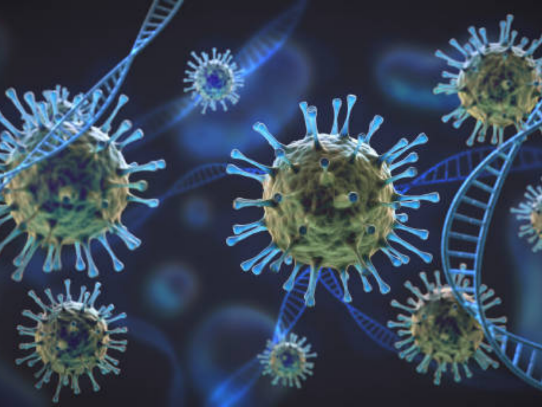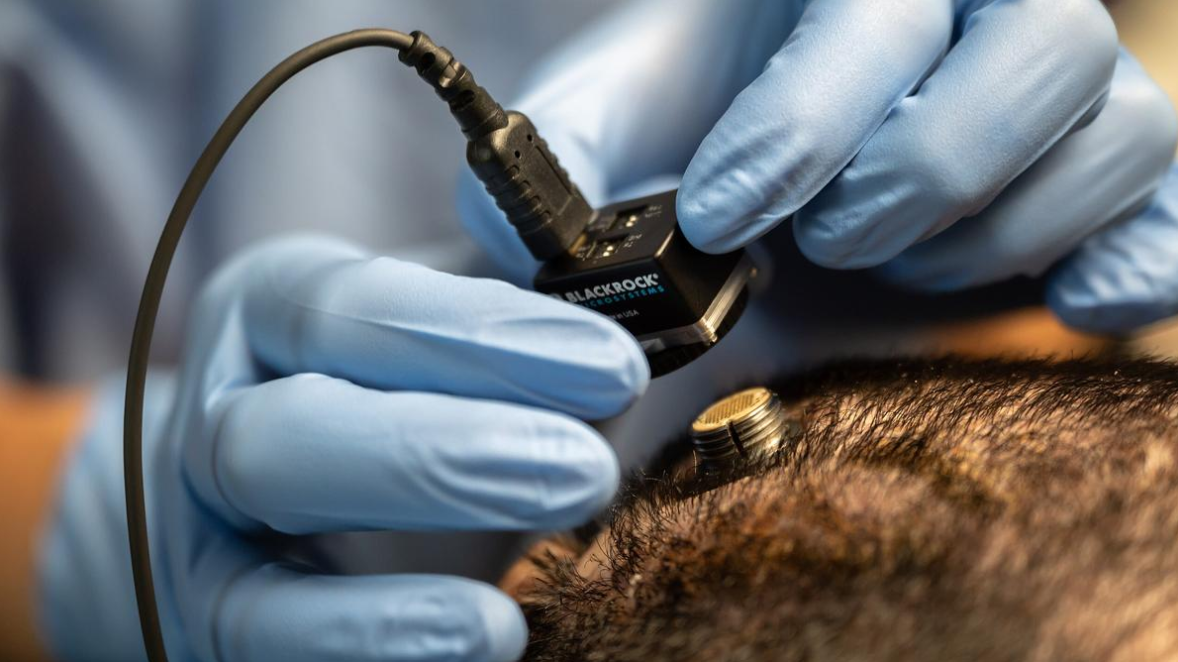





Disclaimer: Copyright infringement not intended.
Context
About Ab-CoV
Significance
The information compiled in this database will help researchers with:
– Antibody engineering.
– Analyzing immune escape for known and future variants of SARS-CoV-2.
– Computational studies on neutralizing antibodies, and
– Relating structural features with binding affinity.
Conclusion
|
ALL ABOUT ANTIBODY An antibody (Ab), also known as an immunoglobulin (Ig), is a large, Y-shaped protein used by the immune system to identify and neutralize foreign objects such as pathogenic bacteria and viruses. The antibody recognizes a unique molecule of the pathogen, called an antigen. Each tip of the "Y" of an antibody contains a paratope (analogous to a lock) that is specific for one particular epitope (analogous to a key) on an antigen, allowing these two structures to bind together with precision. Using this binding mechanism, an antibody can tag a microbe or an infected cell for attack by other parts of the immune system, or can neutralize it directly (for example, by blocking a part of a virus that is essential for its invasion). To allow the immune system to recognize millions of different antigens, the antigen-binding sites at both tips of the antibody come in an equally wide variety. In contrast, the remainder of the antibody is relatively constant. It only occurs in a few variants, which define the antibody's class or isotype: IgA, IgD, IgE, IgG, and IgM. The constant region at the trunk of the antibody includes sites involved in interactions with other components of the immune system. Together with B and T cells, antibodies comprise the most important part of the adaptive immune system.
|
|
PRELIMS PYQ Q. Which one of the following statements best describes the role of B cells and T cells in the human body? 1. They protect the body from environmental allergens. 2. They alleviate the body's pain and inflammation. 3. They act as immunosuppressants in the body. 4. They protect the body from the diseases caused by pathogens. Answer: 4 |






© 2025 iasgyan. All right reserved